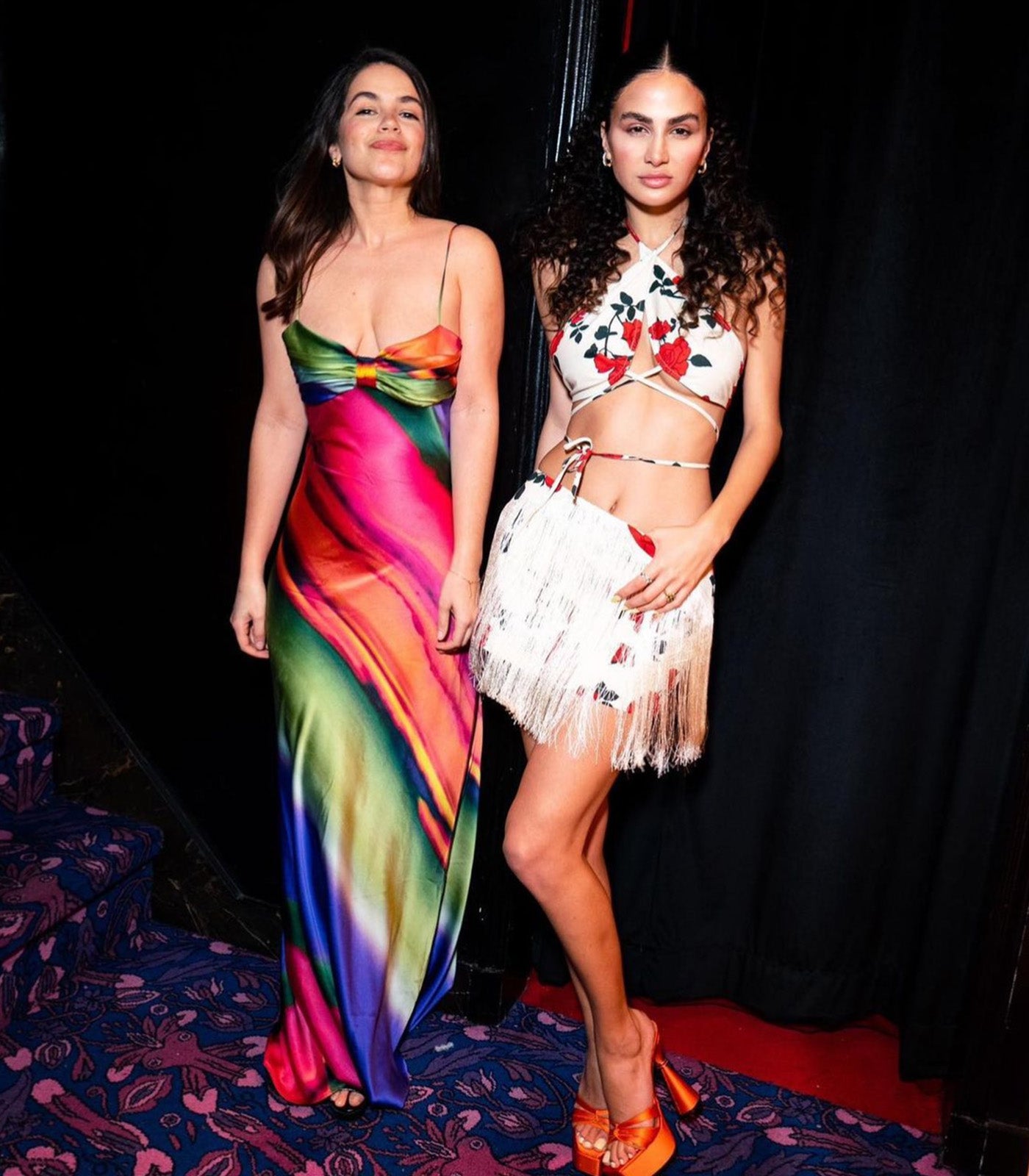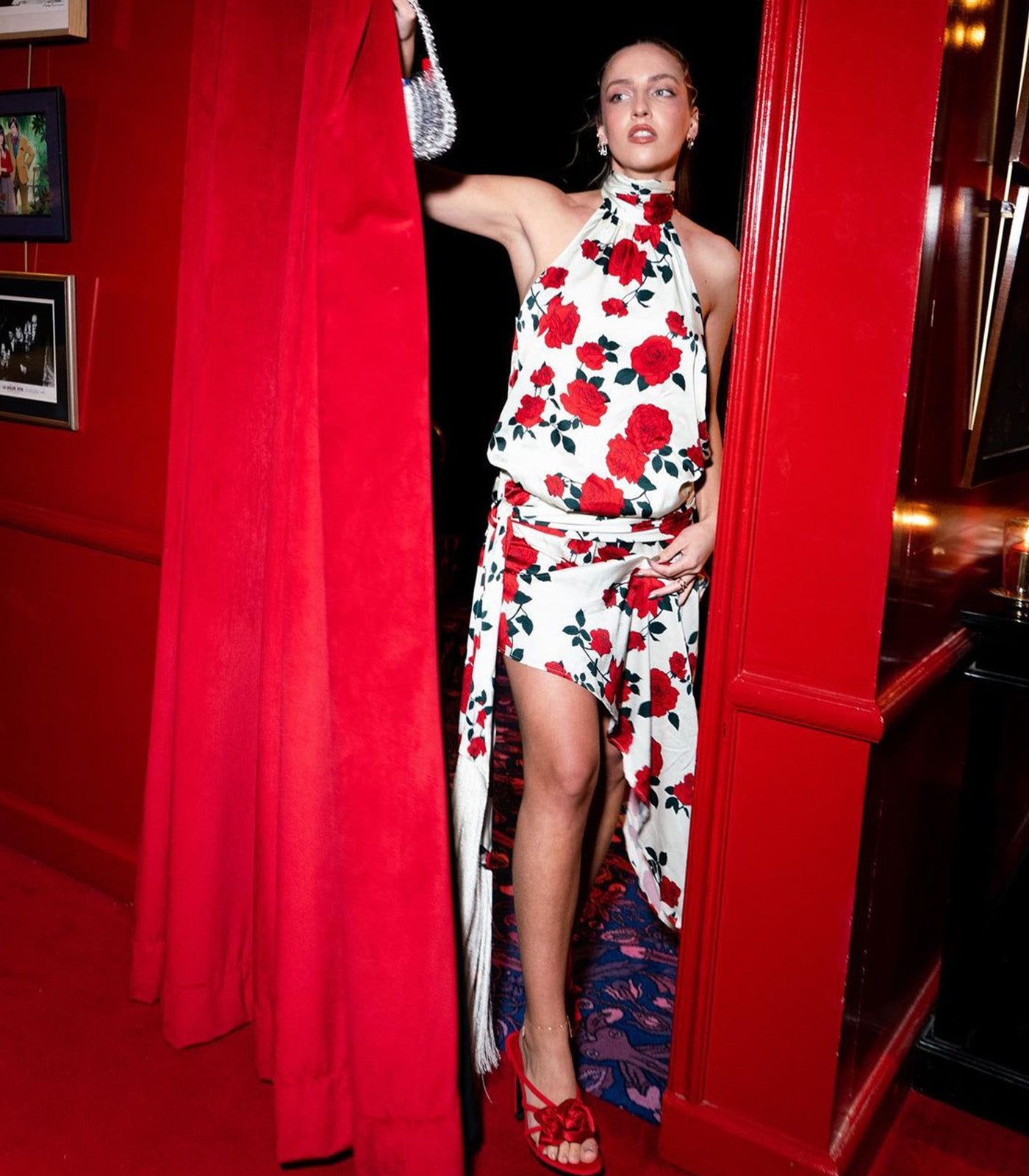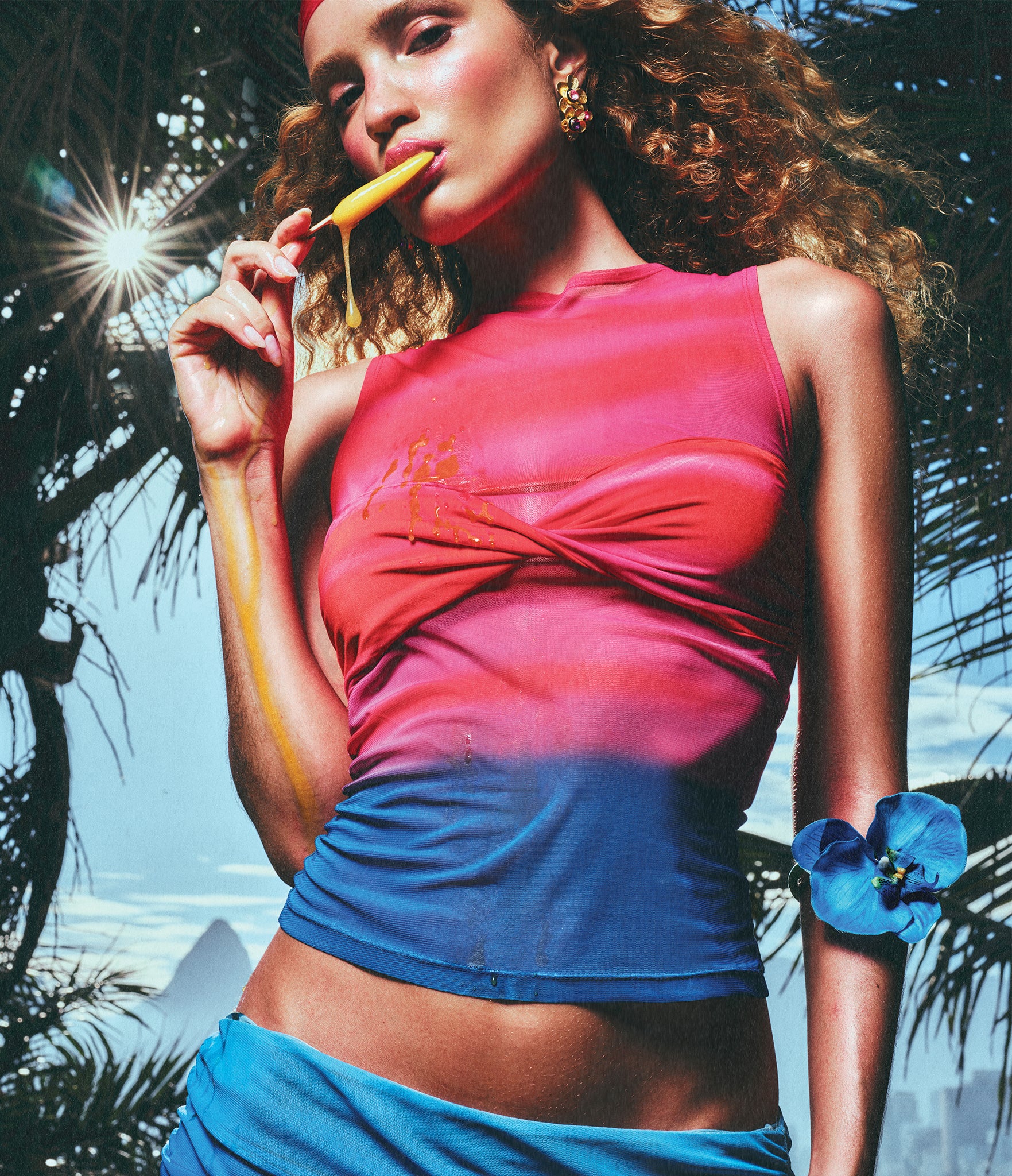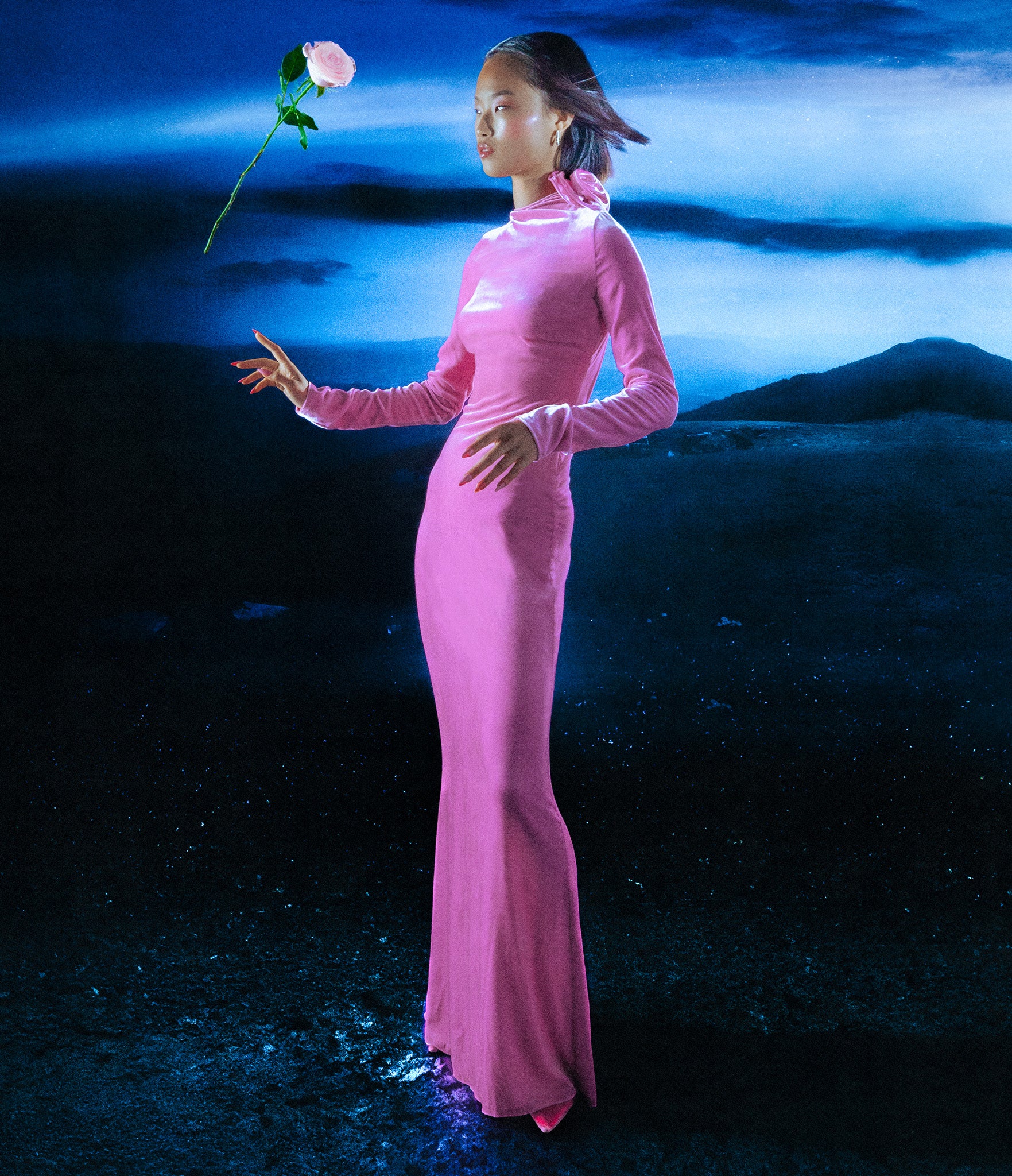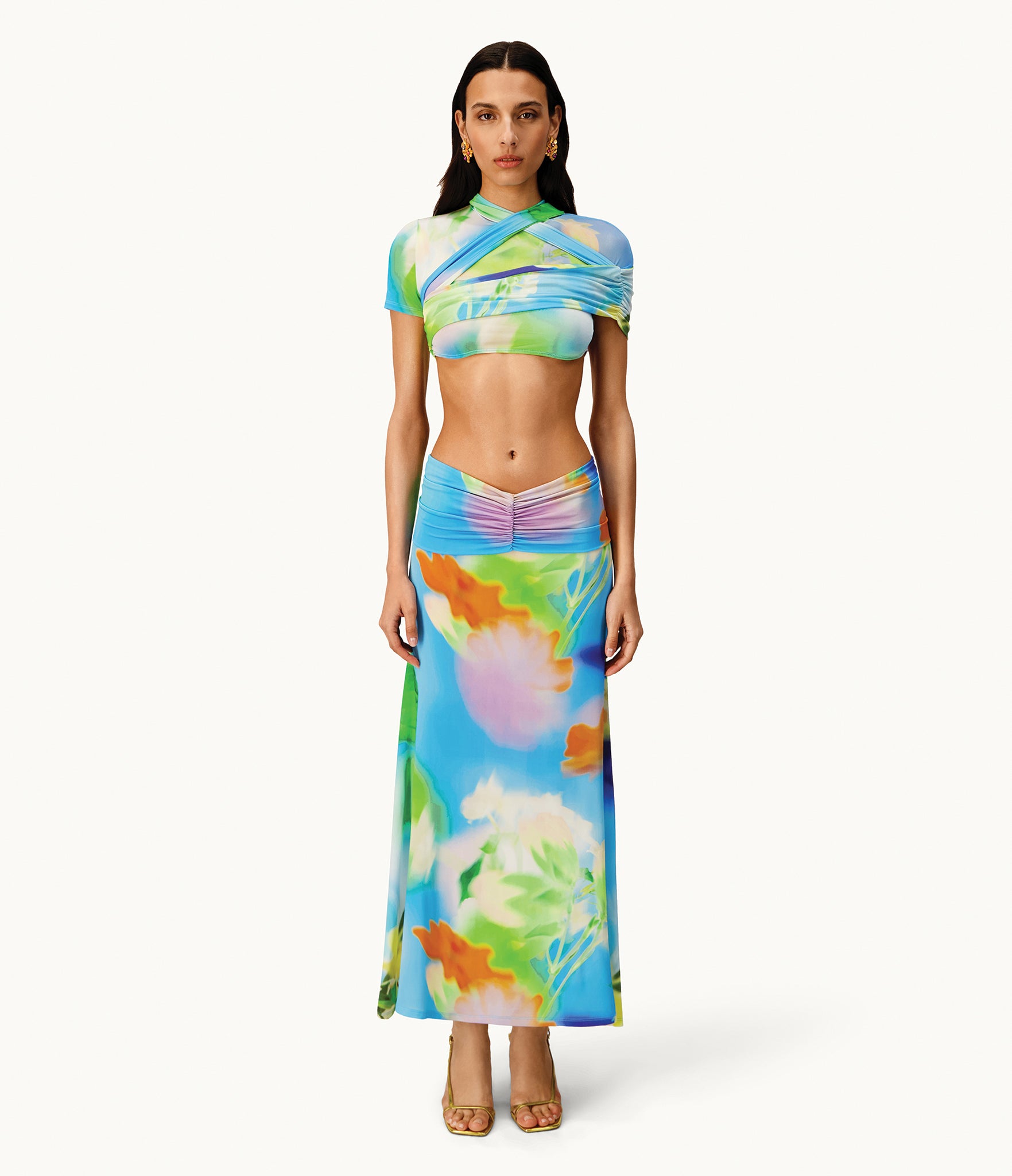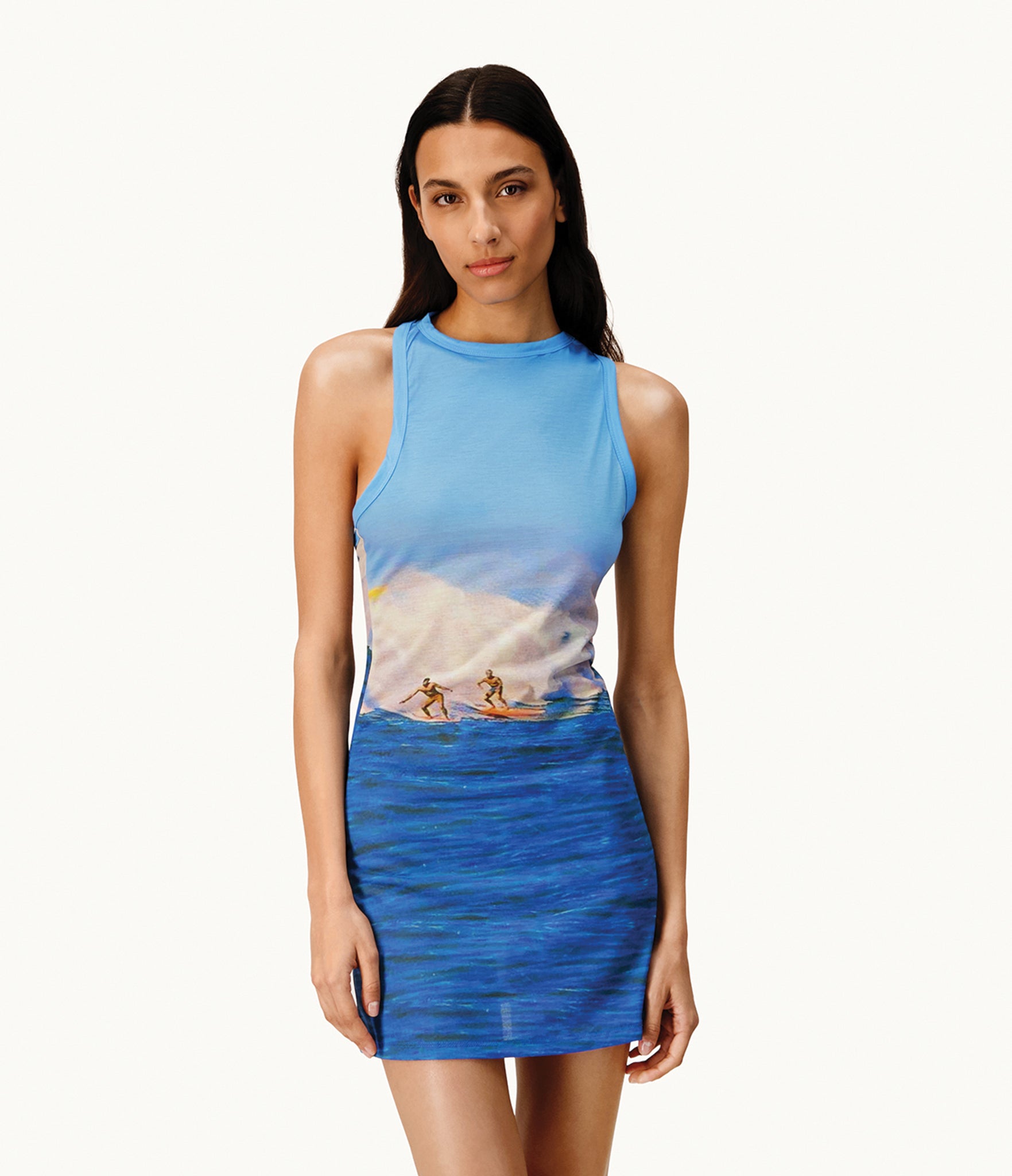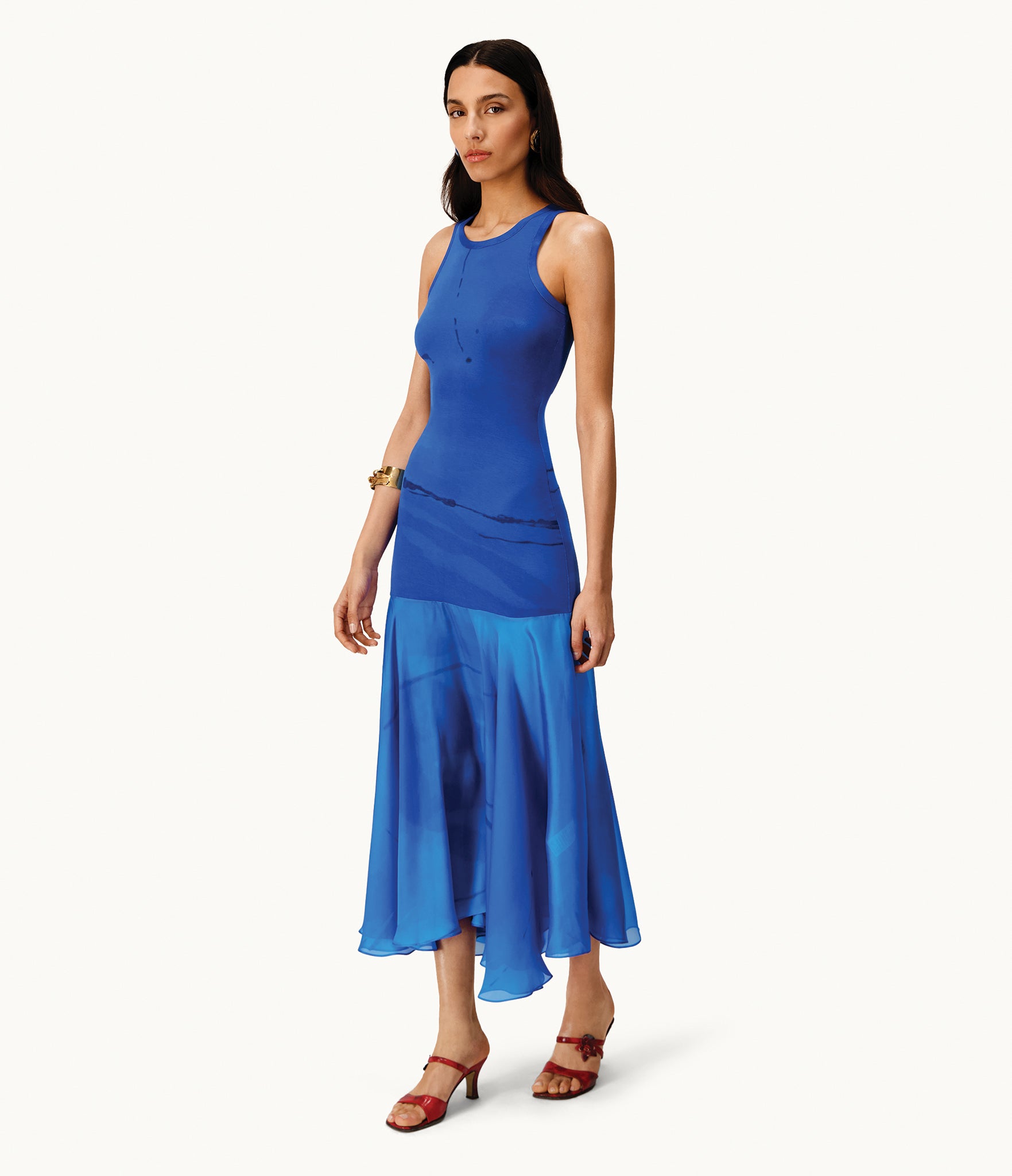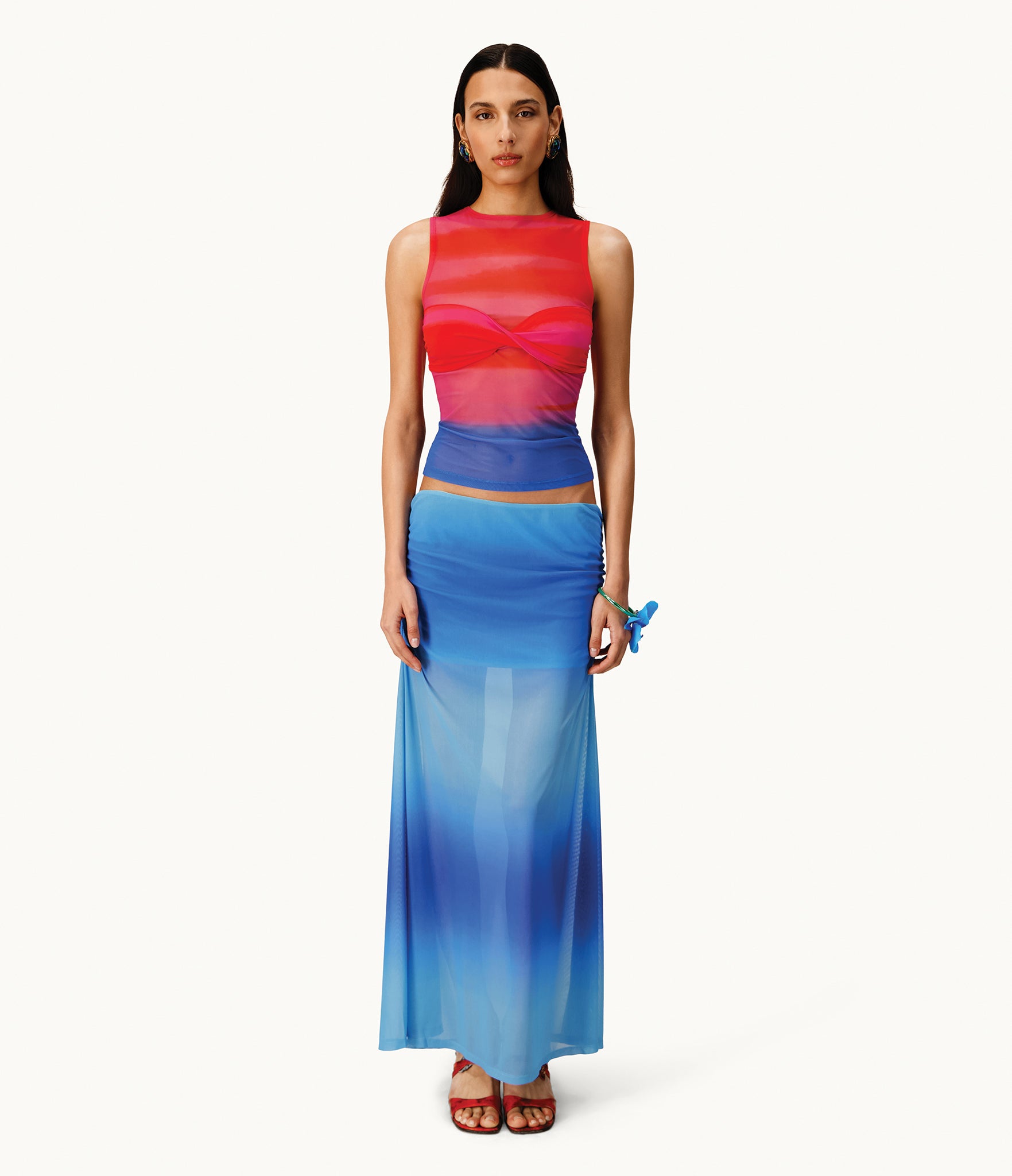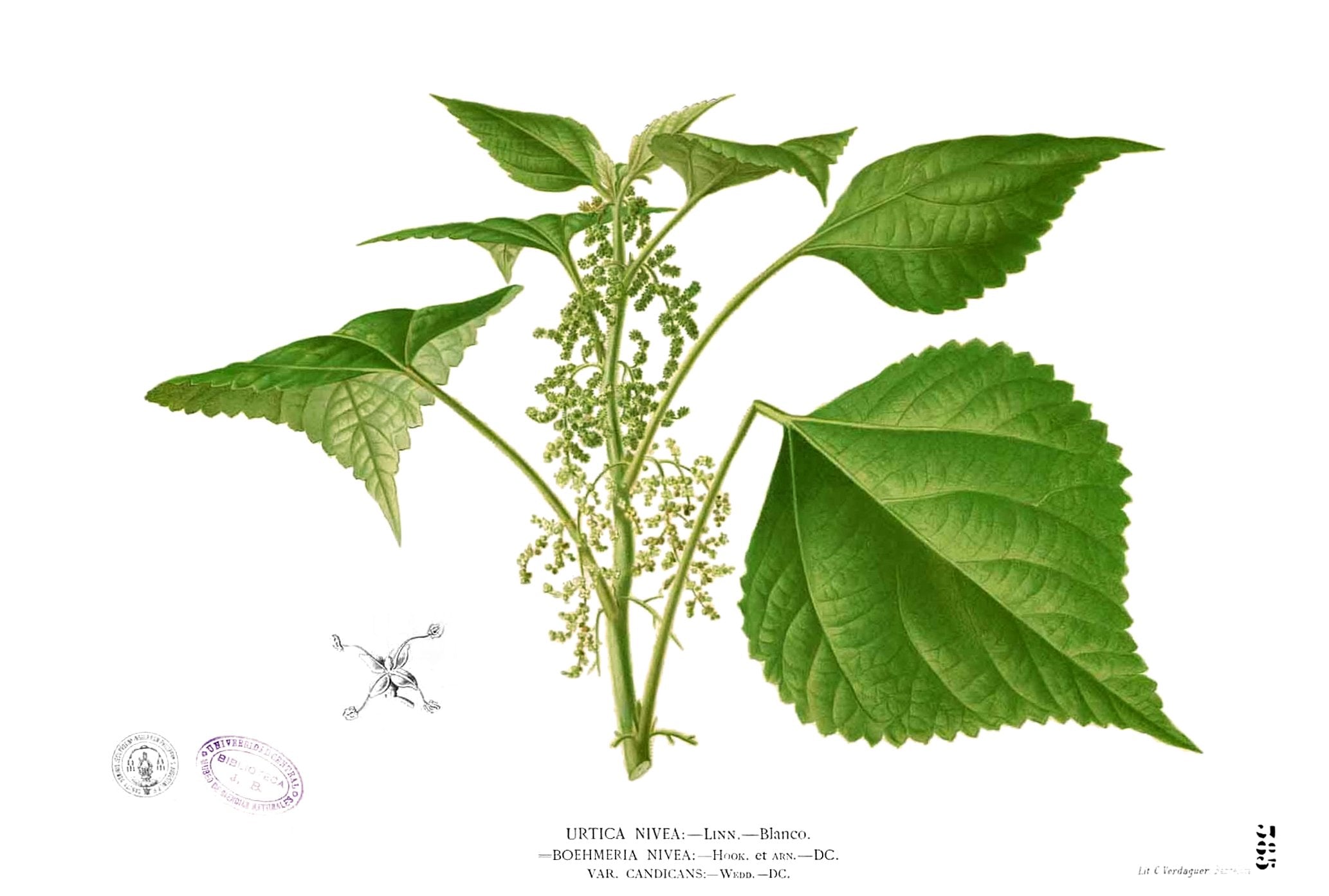natural fibers
The silk

We use a lot of silk at Miræ, for its comfort and unique drape. Silk is inherently fragile, and textile factories for safety prefer to recommend the dry cleaners. U.S. too. But behind the curtain, in complete confidentiality, one of our factory managers admitted to us that she washed everything by hand, like her mother! Here is his recipe:
- Gently wash in lukewarm almost cold water with very little detergent,
- Rinse with cold water, and do not twist to wring!
- Let dry flat (for those of you who live in a tight space and can't imagine how to achieve this feat, we give you our secret here).
Be careful, the material may shrink a little but after a burst of steam from the iron, it returns to its original dimensions.
linen and cotton

Linen and cotton hold up pretty well to machine washing at 30°C, we'll let you check the composition labels of the product you've just purchased! We recommend that you do not put any product in the dryer, it damages the fibers very quickly and it is bad for your electricity bill and the planet!
artificial fibers

Artificial fibers are created by man from the cellulose found in plants (pine, bamboo, eucalyptus, etc.). Even if some processes are still considered polluting today (such as that of viscose), others are now considered to be much more ecological than the manufacture of natural fibers. Lyocell received the EU Ecolabel label in 2000. The main man-made fibers are Viscose, Cupro, Modal, Lyocell and Acetate.
Today at Miræ we use viscose, cupro, modal and acetate. The more we grow, the more our ability to buy from responsible material producers will grow with us.
For now, our viscose comes from suppliers who work on the subject of their environmental impact, such as Girani, a super advanced Italian factory on the subject.
These materials are suitable for machine washing, with delicate cycles (max 30°, we said DELICATE!) and always without dryer!
